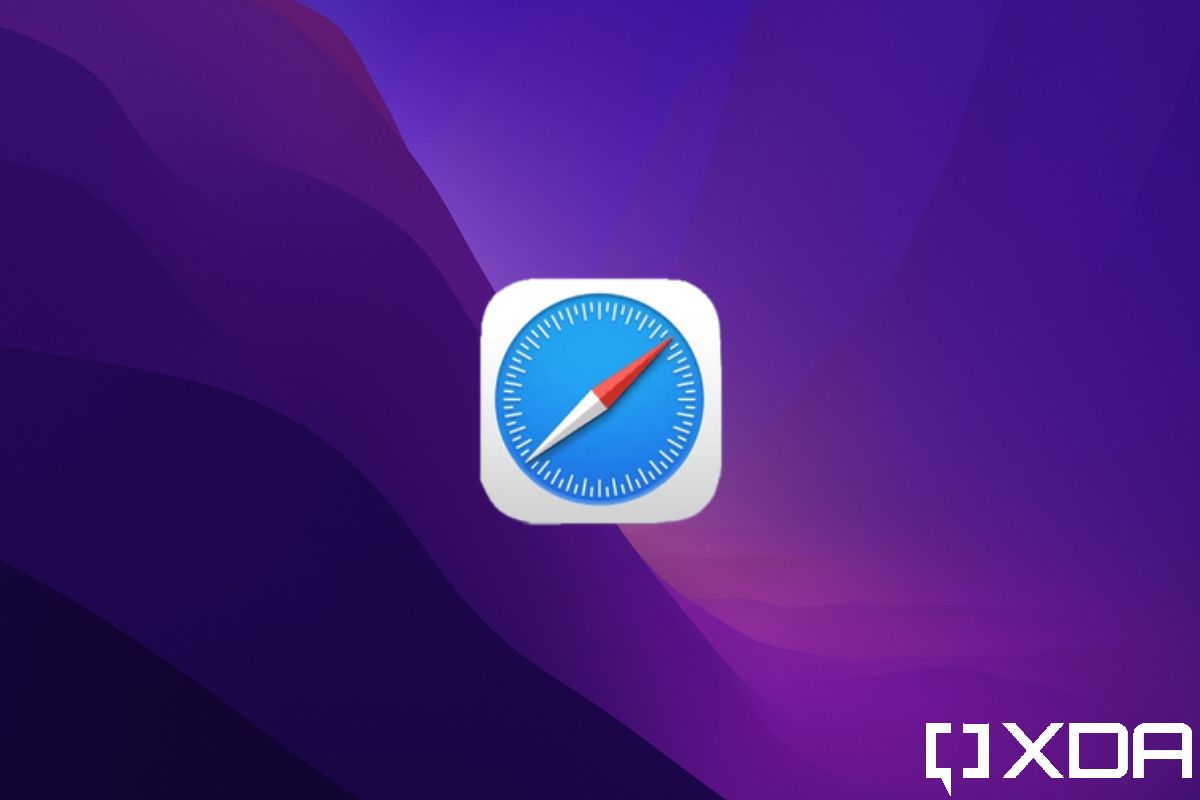Apple released macOS Monterey 12.3 and iOS 15.4 on Monday, both of which include the latest update for the Safari web browser, version 15.4. In addition to the usual changelogs for both operating systems, Apple has also published a blog post revealing all the changes in the latest WebKit engine update, which powers Safari on all platforms.
Safari 15.4 adds support for the <dialog> element and ::backdrop pseudo-element, which were also included in the recent Firefox 98 update. The features make it easier for sites to create dialog/popup boxes that fit in with the design of a page, with less custom JavaScript and HTML code. Other CSS features for web developers are now supported, including the new :has() pseudo-class, Cascade Layers, CSS Containment, new Viewport Units, and more calc() math functions. Those new additions will make web development easier, and more importantly, helps Safari catch up to Chrome and Chromium-based browsers (which in turn means fewer broken websites for people using Safari).
The Safari update has a few new Web APIs, too. BroadcastChannel is now supported, so tabs, windows, frames, and Service Workers from the same origin can all communicate to each other — a helpful feature for web applications running across multiple tabs and windows. New features are available for the File System Access API, which allows web apps to access local files and folders (with permission), and the Web Locks API has been added.
Apple isn't forcing the controversial change from Manifest V3
Apple added support for the WebExtensions API (essentially a clone of Chrome's extension API) last year, and Safari 15.4 has a few improvements to keep it aligned with changes in Chrome. Google rolled out the updated Manifest V3 API last year, with the release of Chrome 88, and Safari now supports everything in the new standard (such as Service Workers for background pages and new dynamic/session rules). However, Apple isn't forcing the controversial change from Manifest V3, which was the API change for network requests that limited the ability of some content/ad-blocking extensions. Apple might decide to follow Google's lead in the future, but for now, both the old and new network request APIs will be supported.
There are a few other changes in Safari 15.4, including updates to the Web Inspector, new font options, and much more. If you're a web developer, or just interested in the inner workings of Safari, I definitely recommend checking out the source link below.
Source: WebKit Blog, Apple

